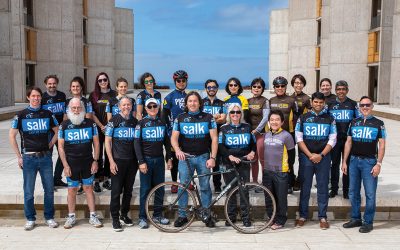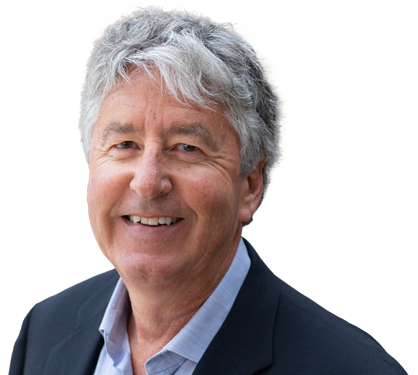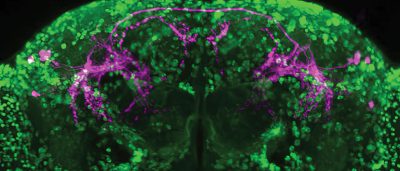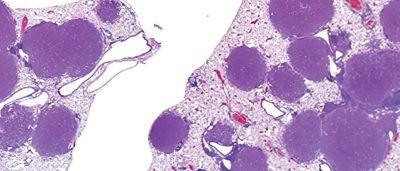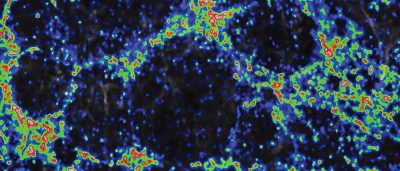Frontiers
Leading with technology—Salk scientists develop new means of discovery
Our scientists continue to push technological limits to—among other things—store more excess atmospheric carbon in deeper plant roots, study pancreatic cancer more accurately, follow cellular activity in real time more clearly, and track all kinds of motion more easily.
Observations
Dannielle Engle—Putting patients first
Engle, an assistant professor, has a deeply personal connection to pancreatic cancer that changed her career trajectory and made her want to focus on the disease. Inside Salk sat down with Engle to find out more about her dedication to finding better treatment options.
Gratitude
Salk Institute receives $50 million from Hess Corporation
This gift will advance Salk’s Harnessing Plants Initiative—an effort to mitigate climate change by optimizing plants and supporting wetlands to increase capture of excess atmospheric carbon—and establish the new Hess Center for Plant Science.
Insights
Weiwei Fan—Life is energy
Fan, a staff scientist in Professor Ronald Evans’ lab, studies mitochondria because he feels drawn to understanding how these energy generators within our cells function and the natural variations that exist between individuals.
In Memoriam
Françoise Gilot—Art icon, author, and wife of Institute founder Jonas Salk
Salk and Gilot’s union perfectly captured the core institutional belief that there is an inextricable link between art and science. Gilot, who died June 6, 2023, at the age of 101, served as Honorary Chair of Symphony at Salk every year since the event’s inception in 1996.
Alumni Journeys
Richard Heyman—From Salk to biotech and back
Heyman, a scientist and entrepreneur who has founded numerous biotechnology companies, currently serves as vice chair of Salk’s Board of Trustees, but his Salk story actually began when he was a postdoctoral researcher in the lab of Professor Ronald Evans.
President’s Letter
“Collaboration among our community members is what makes Salk special. I believe it is the defining characteristic that sets our Institute apart and what will allow us to continue to honor the vision Jonas Salk had for this magnificent ‘cathedral of science’.”
Discoveries
Spotlight
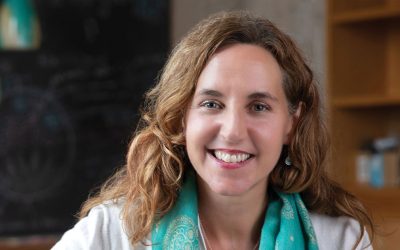
Professor Susan Kaech elected to American Academy of Arts and Sciences
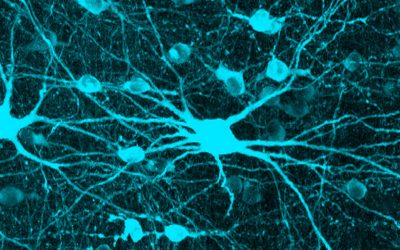
Leading through innovation and collaboration
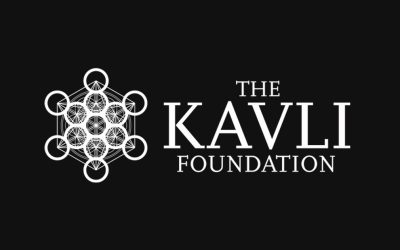
Kavli Small Equipment Grants
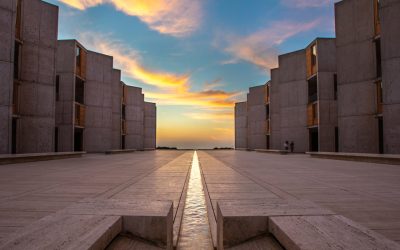
Salk promotes five faculty members in genetics, structural biology, immunobiology, and neuroscience
Events
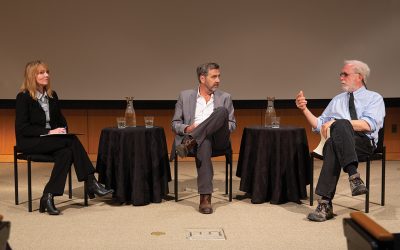
Science & Justice Series
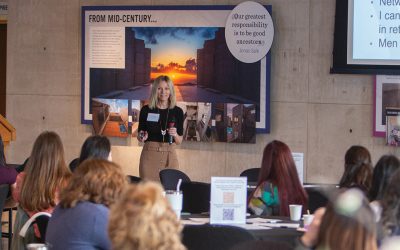
Salk Honors International Women’s Day
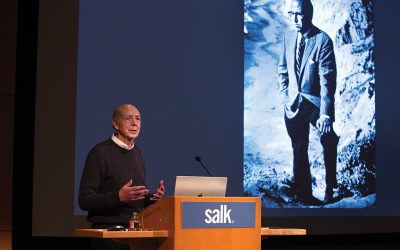
Salk community learns about the legacy of Jonas Salk
